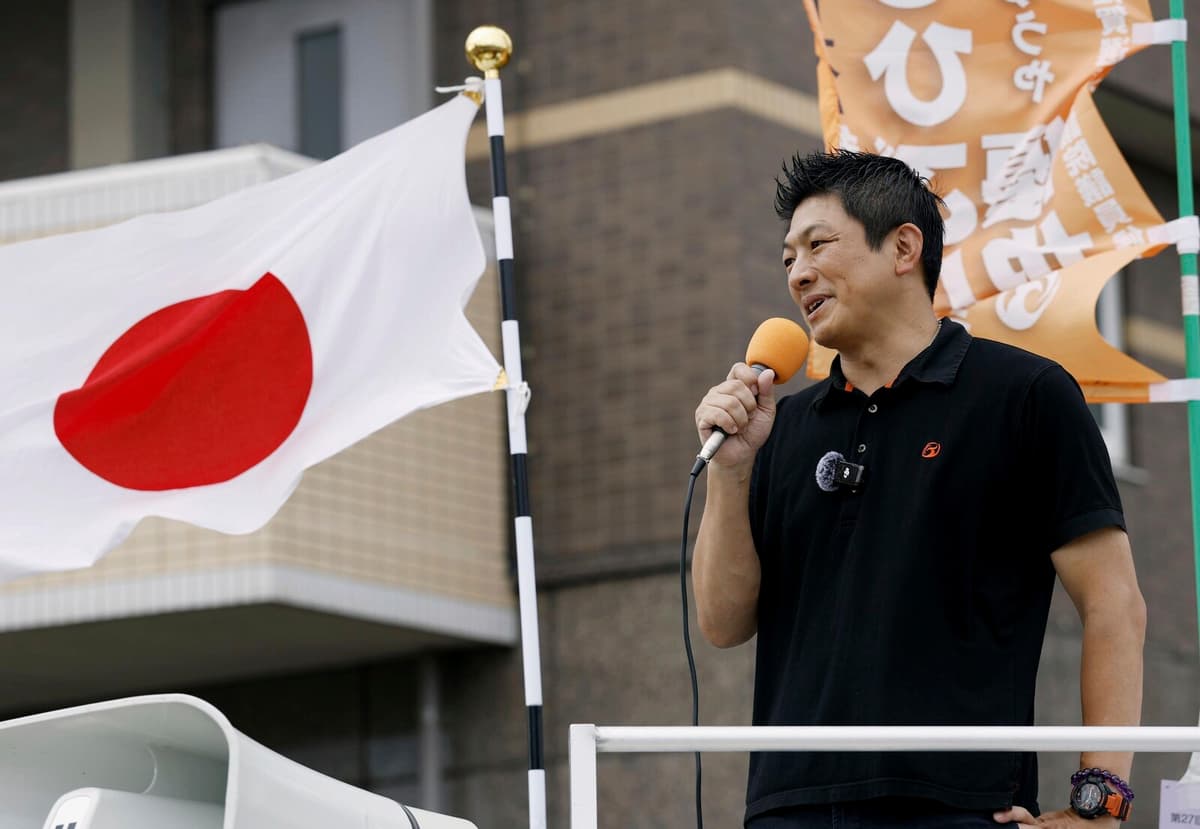With the election, the dominance of the ruling party LDP, which had lasted for nearly seven decades, was broken. Soaring inflation and high food prices, especially rice, which is so important in Japan, drew the Japanese to the polling stations in the hope that living costs would decrease.
The big issue on the economic front in this election was the VAT, says Ulv Hanssen, associate researcher at the Foreign Policy Institute's Asia program.
The incumbent Prime Minister Shigeru Ishiba has not managed to present a convincing plan for how to deal with the economy.
The message from the right-wing populist Sanseito was straightforward: abolish the VAT completely.
Needs reforms
But many observers agree that the Japanese economy needs deep-seated reforms. Adjustments to individual taxes are not enough. Japan has one of the world's oldest populations and lowest birth rates.
This has led previous governments to implement welfare initiatives in favor of families with children, such as improved working conditions and reduced costs for households with small children.
It's a constant problem how such programs should be financed. Japan has an enormous national debt of 260 percent of GDP and then it becomes very problematic to talk about a decent welfare offer when people are struggling with inflation, says Ulv Hanssen.
That's why the populist parties, especially Sanseito, have said that first and foremost, inflation must be brought down by abolishing the VAT.
"Silent invasion"
During the election campaign, Sanseito's party leader Sohei Kamiya warned of a "silent invasion" of immigrants who he claims lower Japanese wages, commit crimes, and drag down the economy, even though Japan has lower immigration than several Asian countries.
The party's progress can be partly explained by the fact that LDP has lost some of its former luster among conservative voters, according to Hanssen. The party's former leader Shinzo Abe was popular and managed to unite both conservative and liberal voter groups. His successor has not managed to fill his shoes.
When we look at the trend in this election, which is so clearly a shift to the right, I think there is more room for conservative and nationalist politicians to challenge Prime Minister Ishiba, says Hanssen.
I won't be surprised if we see a change of leadership in LDP in the near future.






